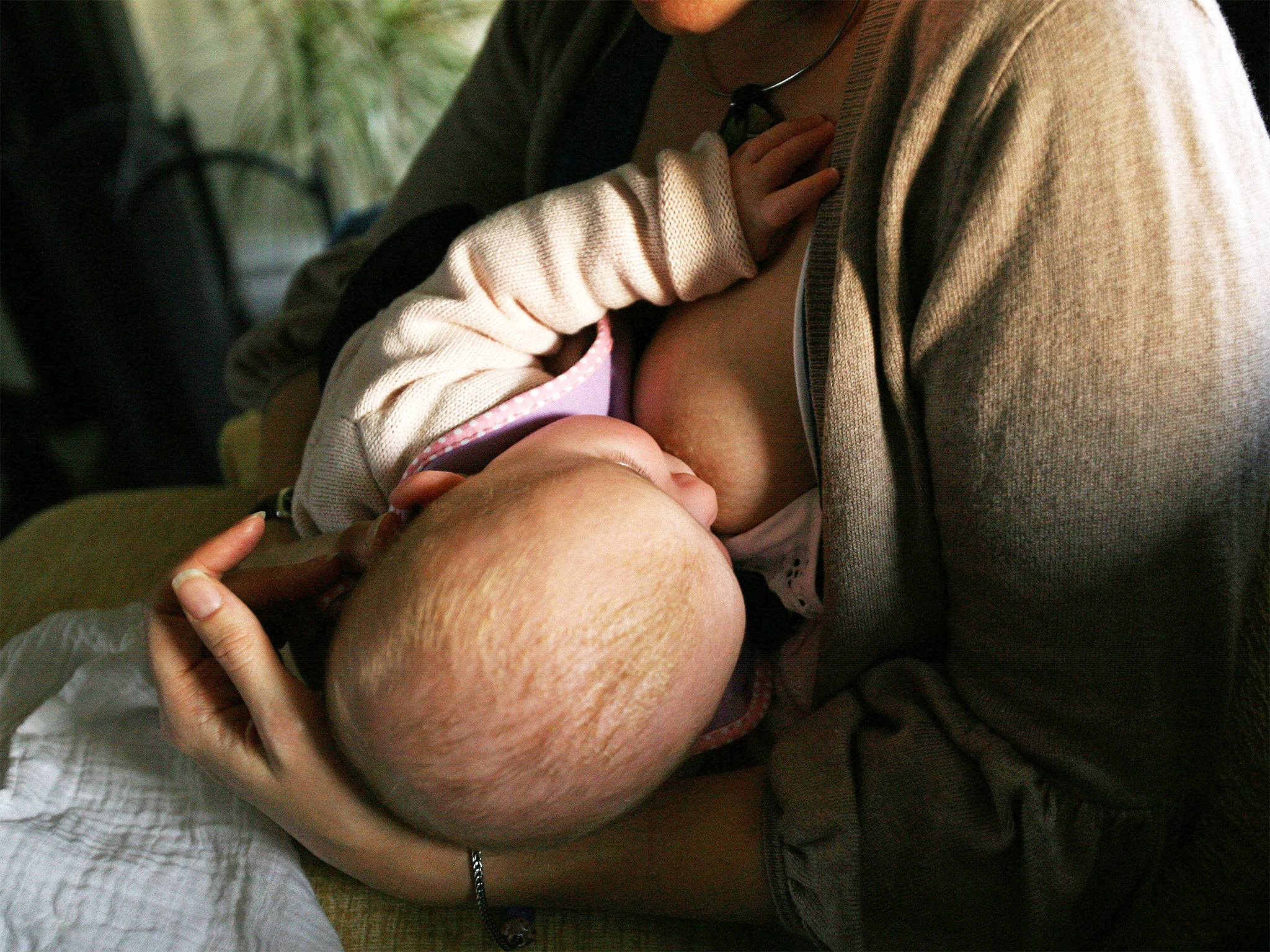Breast milk compound 'may help cure cancer' according to Swedish scientists
“To our amazement, when we added this compound of milk, the tumour cells died," Professor Svanborg said

The life-nurturing health benefits of breast milk are often attested. But the new discovery of the effects of a compound found in breast milk, nicknamed Hamlet, could mean a more effective and targeted way to kill cancerous tumour cells.
Swedish researchers from the University of Lund have found promising results from researching the effects of the Hamlet substance on bladder cancer patients.
In the early trials with bladder cancer patients, those injected with the compound began to shed dead tumour cells through their urine within days.
The breast milk compound targets cancer cells alone, offering an alternative to chemotherapy and radiotherapy treatments that damage both healthy and cancerous cells in the body.
Immunology Professor Catharina Svanborg discovered the substance by accident while researching antibiotics.
“To our amazement, when we added this compound of milk, the tumour cells died. It was a totally serendipitous discovery,” she told The Daily Mail.
Professor Svanborg explained that she was looking for novel antimicrobial agents, of which new breast milk is a rich source.
In one of the team’s experiments human cells and bacteria we required, leading to the practical choice to use human tumour cells.
Professor Svanborg added that breast milk contains the alpha-lactalbumin protein that becomes a cancer-fighting agent inside the stomach, leaving the healthy cells unharmed.
The compound avoids the cancerous cells outer defences and then targets the mitochondria and the cell nucleus.
By depriving the cell of energy from the source, the apoptosis process works to reprogram the cell so that it weakens and dies.
“There’s something magical about Hamlet’s ability to target tumour cells and kill them,” Professor Svanborg said.
The scientists suggest the breast milk compound could also help bowel and cervical cancer patients. A trial of the Hamlet substance against a placebo is currently being planned to test the promising benefits of this life-giving compound.
Join our commenting forum
Join thought-provoking conversations, follow other Independent readers and see their replies
Comments